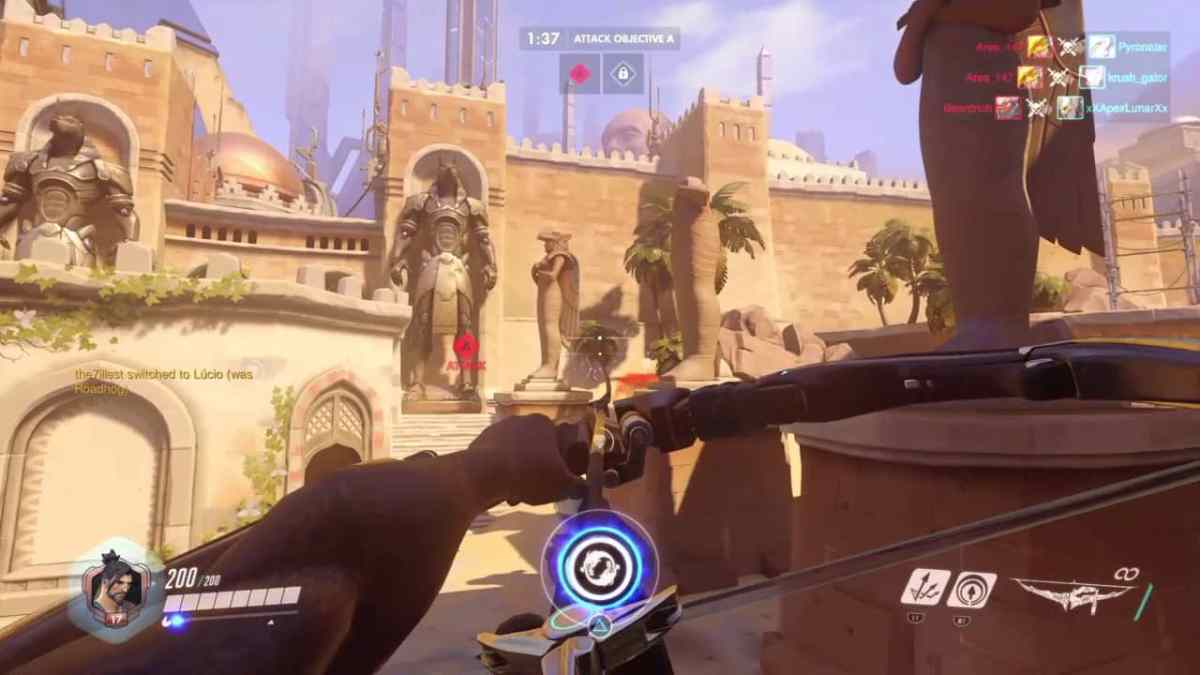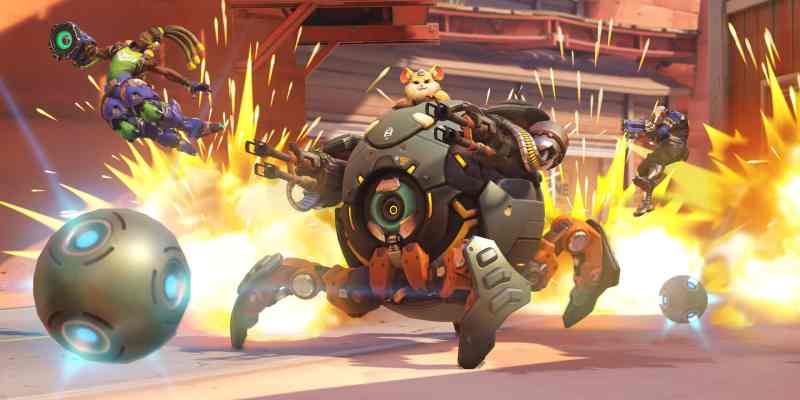I consider myself fairly good at video games. Like most Millennials worth their salt (assuming we haven’t killed the “salt industry” by now), I grew up playing Nintendo and the SNES as a kid, enjoyed PC gaming when Dell started giving them away with Happy Meals, and now enjoy gaming on all our shiny modern screens. I’ve played on the Commodore 64 as well as the PS4 and have honed my reflexes through hours of toil and repetition — two words commonly associated with fun hobbies. When I tell you all of this, it’s not to brag. I’m preparing you, bracing your minds for an impending and unavoidable truth: My 8-year-old son is better than me at video games.
Now, there are two ways I can approach this, assuming I accept it as truth and don’t hire someone to break his fingers with a metal pipe. The first option is positive; I can accept my replacement as the head of the gaming household and fill my chest with pride at what he has accomplished. I can introduce him to games of old and supply him new games with the fledgling hope of a bright future in esports. I can steer him away from Mountain Dew Code Red (because… gross) and ensure he has an appreciation for his old man’s lesser (but still valid!) skills.
Then there’s the second approach to acknowledging his superior digital skills. I could realize that a good portion of his abilities stem from practice, cross-referenced with his minuscule age, and ask myself — “Did I do a bad parent thingy?”

The immediate measure of whether I’m royally screwing up my children at any given moment is on point. They are very rarely, if ever, engulfed in flames and I’m like 80% sure they aren’t on crack. So should I really care that my son can main Hanzo and wipe the floor with me sans scope? What could possibly be so bad as to overcome the pleasure of being able to concentrate on adulating while my son is in the other room yelling at noobs? Will such gaming at such a young age lead him to become an aggressive monster with zero attention span, shunning the sun and avoiding all social contact? DID I DO A BAD DAD THING?! *breathes into a paper bag*
Such are questions that keep Millennial parents such as myself up at night. What are the long-term ramifications of gaming for young children? When we push aside the clear bad actors clutching their pearls at any pastime that isn’t reading scripture (see history of rock and roll, D&D, etc.), there is merit to exploring the impact of video games as a significant portion of a young child’s development.
The sheer intensity and duration of video games in the growth of post-Millennial children has never been seen before in human history. Given when my generation grew up, being obsessed with video games had a very different definition. Hell, I once played Ms. Pac-Man on my Atari for more than ONE hours straight, and the system literally started smoking and died. Try having a thriving esports scene with that kind of durability!
According to an article in the Oxford Handbooks Online, it is postulated that there can be positive benefits of gaming, which is to say it can be therapeutic and healthy. Oh, I can taste the coffee from my #1 Dad mug already! It seems that given the right context, video games can actually have multiple emotional and behavioral benefits. Games that incorporate exercise (such as your Dance Dance titles or ye olde Wii Sports) can help with physical therapy and increasing physical activity, which have been linked to improved mood and health. Even as just a distraction, games can serve as non-medicinal pain management.

I recall once getting shingles (a very painful ailment), and playing Minecraft distracted me from the throbbing hell I was in. Passing that lesson onto my son (the gaming part, not the throbbing hell part), I purchased him a Lego Batman game to play when he got home from having his tonsils removed. Between collecting the various comic book skins and mastering the puzzles, my otherwise bedridden then-4-year-old was able to smile and interact with the world in ways simply loading him up with medication couldn’t have accomplished. So gaming at a young age is good, case closed, right? RIGHT?!!? SOMEONE VALIDATE MY CHOICES!!!
It was time to consult an expert.
Dr. David Epstein (yes, relation) is a clinical psychologist who specializes in adolescents. Having seen his fair share of gamers, he shared his clinical opinions on this subject. “Most mental health professionals do currently worry about the quantity of youth screen time and its effects,” he said in our recent interview. “Spending the time to master a game means less time spent on emotional development or mastering social skills due to reduced interaction with peers.” I noted that while gaming does have opportunities for social interaction, younger children are often gated off from those due to the potentially hazardous nature of talking to strangers on the internet.
Dr. Epstein said that gaming in excess can cause an “artificial Asperger’s” situation, where children improve their ability to hyper-focus and be highly competent on the task at hand while becoming ill-equipped to interact with peers in a live setting. These negative effects of gaming are so well established that he was aware of the military using virtual reality to repetitively introduce solders to stressful situations, with the goal of desensitizing them to stress over time and allowing them to focus on the battlefield.

Dr. Epstein explained that gaming can help develop problem-solving skills and reflexes, allowing kids to learn how to make decisions quickly. That sounds heavenly to anyone who’s ever asked ANY kid ANY question EVER. Beyond that, there are opportunities for gaming to help children who are already delayed or underdeveloped. Games featuring moral choices can help children who have delayed emotional intelligence, as they can experiment in safe environments with the consequences of their choices. Learning through positive reinforcement can be utilized, where trying to pass through a puzzle and failing prompts creative thinking and alternative solutions, finally rewarding that behavior with further progress through the level. Dr. Epstein even sees a near future where AI can be utilized to create games tailored to children’s specific behavioral issues and implemented as part of their therapeutic approach at wellness. That’s pretty cool!
So, what’s the take away? Between the surface level joys derived from enjoying a great video game and the deeper capacity to develop and improve skills, gaming can be a positive thing. Having children playing games is not something to fear, but it is something to limit. Just as the occasional bag of Cheetos is good but a diet built AROUND Cheetos is terrible (trust me), gaming must be in moderation. Young children intensely soak in their world and use that input to develop their personality and life skills, which contribute to the person they will ultimately become. Spending too much time on gaming at the expense of playing with friends, being creative, or trying new hobbies will shortchange children of vital growth opportunities.
Am I concerned that my son is better than me at Overwatch? No, not as long as he only gets one hour a night and only after his homework is done. Also, that last match didn’t count because the sun was in my eyes, and my controller batteries were dying, and I’ve been feeling sick lately, and I had a hand cramp, and I was distracted by something that happened at work that you wouldn’t understand and YOU KNOW WHAT? TWO OUT OF THREE, AND DON’T YOU DARE PICK HANZO BECAUSE YOU’RE TOO GOOD AT HANZO!
